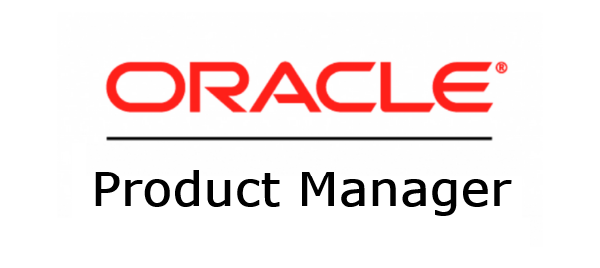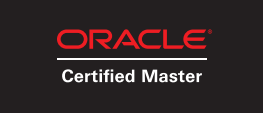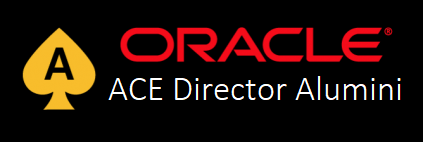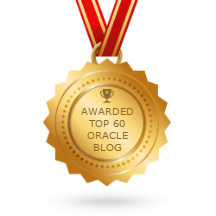Access Methods (or Paths) are something totally related to the optimizer. So, what you should study here are the access methods that are possible inside Oracle for either Tables, B-Tree Indexes, Bitmap Indexes or Clusters: Full Table Scans Table Access by Rowid Sample Table Scans Index Unique Scans Index Range Scans Index Full Scans Index Fast …
Jul 08
OCM 11g Preparation - Administer Resource Manager
Resource Manager is very very useful when you want to limit your system resources. Sometimes you can have a session that is out of control taking all your parallels servers or consuming a lot of CPU and I/O. Or even if you want to limit ("give a quota") the UNDO tablespace consumption by someone. So, …
Jul 08
OCM 11g Preparation - Use partitioned indexes
I've already talked about this topic here and here. Basically we have 2 types of partitioned indexes: GLOBAL and LOCAL: Local Partitioned Indexes. Local indexes can only be unique if the partitioning key is a part of the index key. A bitmap index on a partitioned table must be a local index. Global Partitioned Indexes. Note here …
Jul 08
OCM 11g Preparation - Use multi column statistics
Multi column is another item any DBA must know about. It's very important on tables where you have 2 columns that are correlated. So you must tell the optimizer that! The classical example for that is: How many people have a birth month of May? How many people have a Zodiac sign of Taurus? How …
Jul 08
OCM 11g Preparation - Gather statistics on a specific table without invalidating cursors
Interesting this topic, because It's very very specific. So, the best thing is know how to do that because the chance of having it in the exam is 100%. "When statistics are updated for a database object, Oracle Database invalidates any currently parsed SQL statements that access the object. The next time such a statement executes, the …







